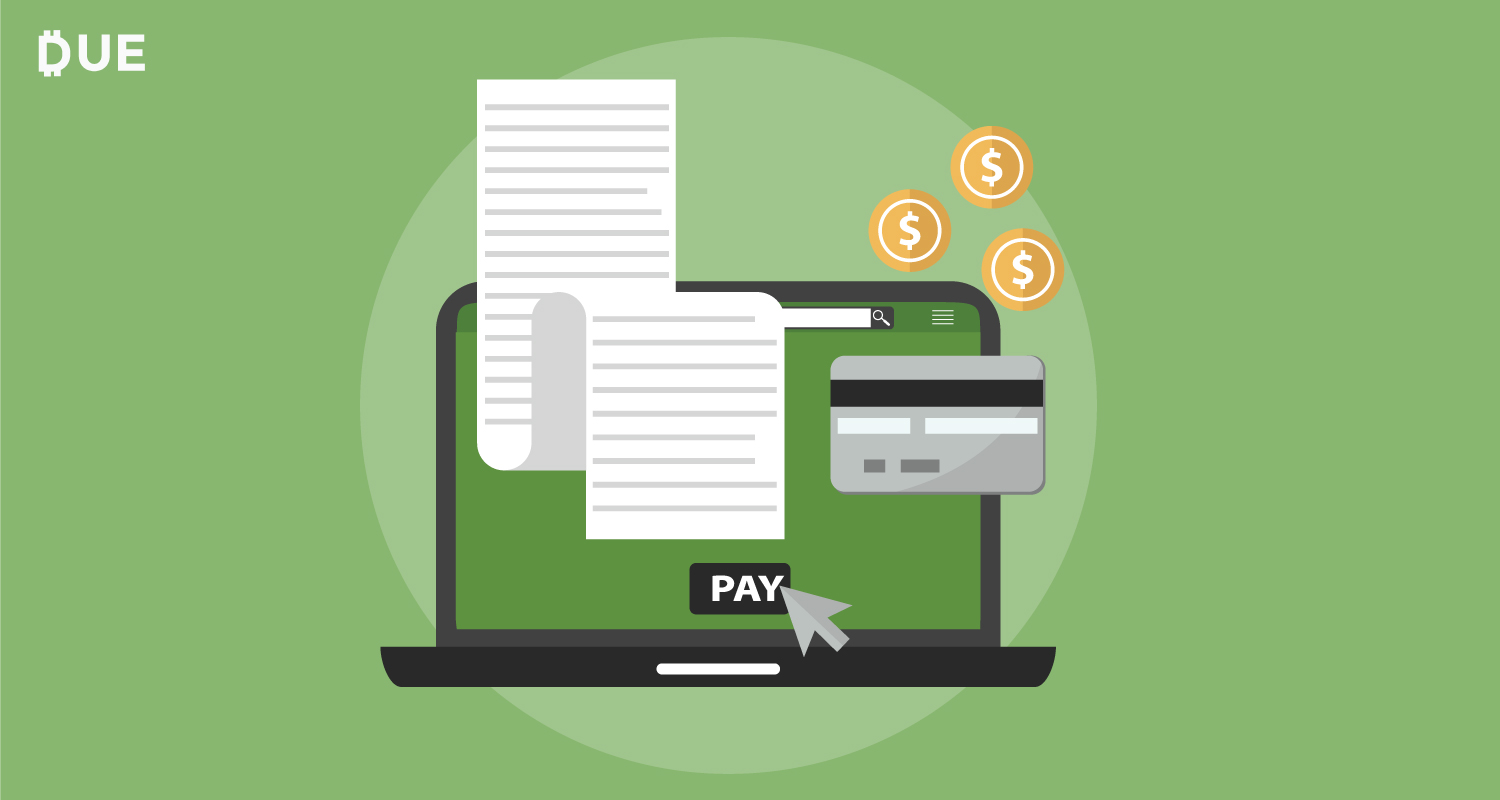Our goal as business owners is to do work and get paid for our time. Invoicing for the work we do is how we get paid. If we don’t invoice properly, money can come late or not in the form of payment that we want which can be a huge hassle. There are a few invoicing mistakes you can avoid to improve the likelihood that you get paid on time and in the right way.
Table of Contents
ToggleNot having payment terms
Payment terms are the conditions of payment that you set for your business. Payment terms tell the client or customer when you expect to get paid. Terms are often written out as Net 7, 10, and 30 days. This means that clients have 7, 10, or 30 days to make payment.
Small business owners should consider shortening the payment term to manage cash flow better. If you have a payment term that’s 30 to 45 days, you may find yourself strapped for cash because clients have such a long window to pay you. Making payments due upon receipt or within 7 to 10 days can make it easier for you to pay yourself and manage business expenses.
Not specifying payment methods
If you want to get paid in a specific way, you need to make that clear to your customers. Do you not accept paper checks? Do you prefer online payments? Be clear with your expectations. Explain to your customers how you want the payment to be made.
If it’s online, Due offers a low-cost and secure way to process your payments. You can run through the payment process with clients to make sure they understand how it works. The benefit of online payments is you don’t have to organize many paper checks which can be a nuisance.
Not sending invoices in a timely manner
To get paid on time, you need to send invoices on time. If managing the books and your business is difficult, consider hiring a bookkeeper or ask your assistant to send out invoices. Mark a day in your calendar, possibly once a week, where you look at your invoices and make sure that you’ve sent out all of the right ones.
Not following up on your invoices
Sometimes clients simply forget to pay an invoice. Maybe they rely on reminders from you a few days before the invoice is due. Send out reminders when necessary and follow up. You’re not bothering people when you’re asking for money that’s due to you.
Be friendly when you ask for payment. There could be a misunderstanding or reason they haven’t paid yet. Let them know you haven’t forgotten by following up to find a resolution to whatever the issue may be.
Not following up with your invoices means less money is going into your pocket. You don’t want to find yourself at a point where your cash flow is hurting because you have a stack of unpaid invoices from clients who are accustomed to paying whenever they feel like it.
Final Word
Invoicing and receiving payment is a key part of a business that you need to have under control even if you’re busy. Set up payment terms, be clear with how you accept payment, and follow up on all invoices to make sure you get the money you deserve.













